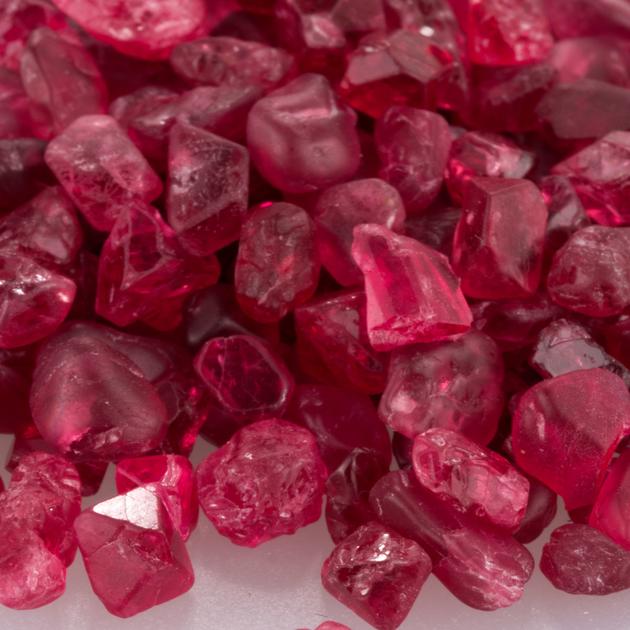FWP:
SETS
DOOMSDAY: {10,11}
JIGAR: {2,1}
For background see S. R. Faruqi's choices. This verse is NOT one of his choices; I have added it myself, mostly for completeness. For more on Ghalib's unpublished verses, see the discussion in {4,8x}.
Well, Ghalib certainly made the right choice when he decided to omit this verse from the divan. It's really exceptionally obscure, and not rewarding enough to be worth the trouble.
On the one hand, if the heart is 'bloody-livered', then its doom is near, because if the liver has been wounded or turned to blood, then the heart will soon exhaust its own blood supplies and be left running on empty; for more about the liver versus the heart see {30,2}. No wonder the heart is be-.sabr , and has no patience or steadfastness.
And on the other hand, the fai.z of passion is indifferent, disdainful, elusive. Thus the poor lover has no 'abundance, bounty, favor, grace' (see the definition above). The beloved's favor is of course what the lover always wants; in context, it might also refer specifically to a supply of fresh blood, which might be available through his passion if the beloved were kind to him and restored his liver and heart to life.
The first line thus has the contrastive structure of two forces pulling in apparently opposite directions: 'A [is] like this, and B [is] like that'. Beyond the 'and' and the i.zaafat forms, there's no grammar whatsoever. For another example of this kind of open-ended first line , see {78,3}. And on its 'list'-like structure, see {4,4}.
When it comes to the second line, Gyan Chand rather than Zamin surely has hold of the right end of the stick. It seems that the speaker is invoking yak-qiyaamat ;xaavar as some kind of mashup, some special 'whole-Doomsdayful sun' that should fall on 'Badakhshan'. But what is the connection between the lines? Badakhshan is famous as the source of rubies, and rubies resemble drops of blood, but that in itself is hardly more than wordplay (along with the extensive wordplay involving ;xaavar ). Gyan Chand makes the best guess he can; it's not all that compelling, but I can't think of a better one. The verse is just poorly put together; this time the obscurity is surely Ghalib's fault, not ours.

Zamin:
In the first line, the 'bloody-livered heart' is Badakhshan, where they say that rubies are created/born. And the 'favor of passion' is the 'east', from where the sun rises. And since this sun of the east is the sun of passion, it is a Doomsday sun; it is an evidence of Doomsday.
He prays that 'The heart is impatient and passion is indifferent-- oh Lord, remove this difficulty in such a way that passion should leave off its carelessness and indifference, and become the dawn of the sun of favor for my heart'.
== Zamin, p. 166